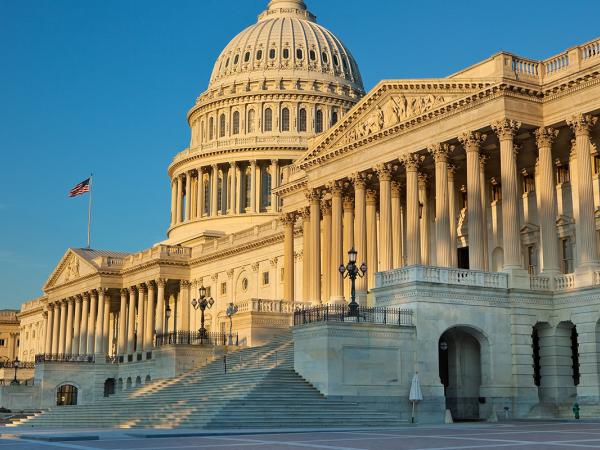
Neal Martin, Senior Director of Government Relations at ML Strategies in Washington, DC, brings more than two decades of experience in government and federal relations to his work, helping clients navigate a wide range of issues. He provides strategic guidance to organizations seeking to advance their legislative priorities and enhance their visibility before Congress and federal agencies.
Neal advises clients across a broad range of sectors on federal legislation, appropriations, and regulatory engagement. His client portfolio includes Fortune 100 companies, startups, and associations pursuing federal funding and strategic policy objectives. Neal helps clients craft tailored messaging and engagement strategies that align with evolving political and policy dynamics, and works closely with congressional offices, federal officials, and coalition partners to build support for client goals.
Prior to joining ML Strategies, Neal served as a legislative assistant to US Senator Max Cleland (D-GA), where he advised on appropriations, energy and environment, trade, and foreign policy. His firsthand experience on Capitol Hill informs his understanding of legislative strategy and stakeholder engagement.
Neal earned his BA from the University of Georgia.
Education
- University of Georgia (BA)
Recognition & Awards
JD Supra Readers’ Choice Award, Top Author – Energy, 2025
Case Studies
 Case Study
Case Study
 Case Study
Case Study





